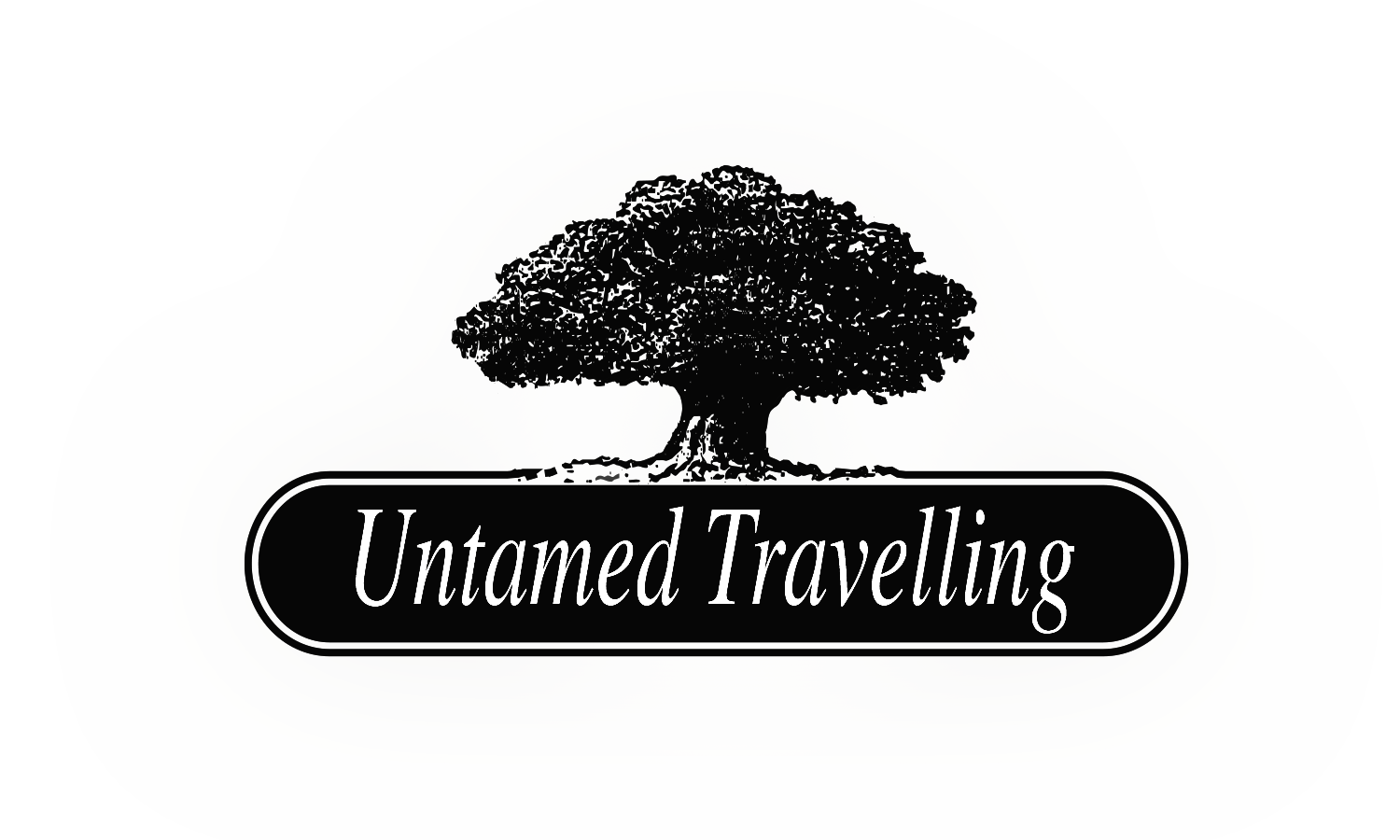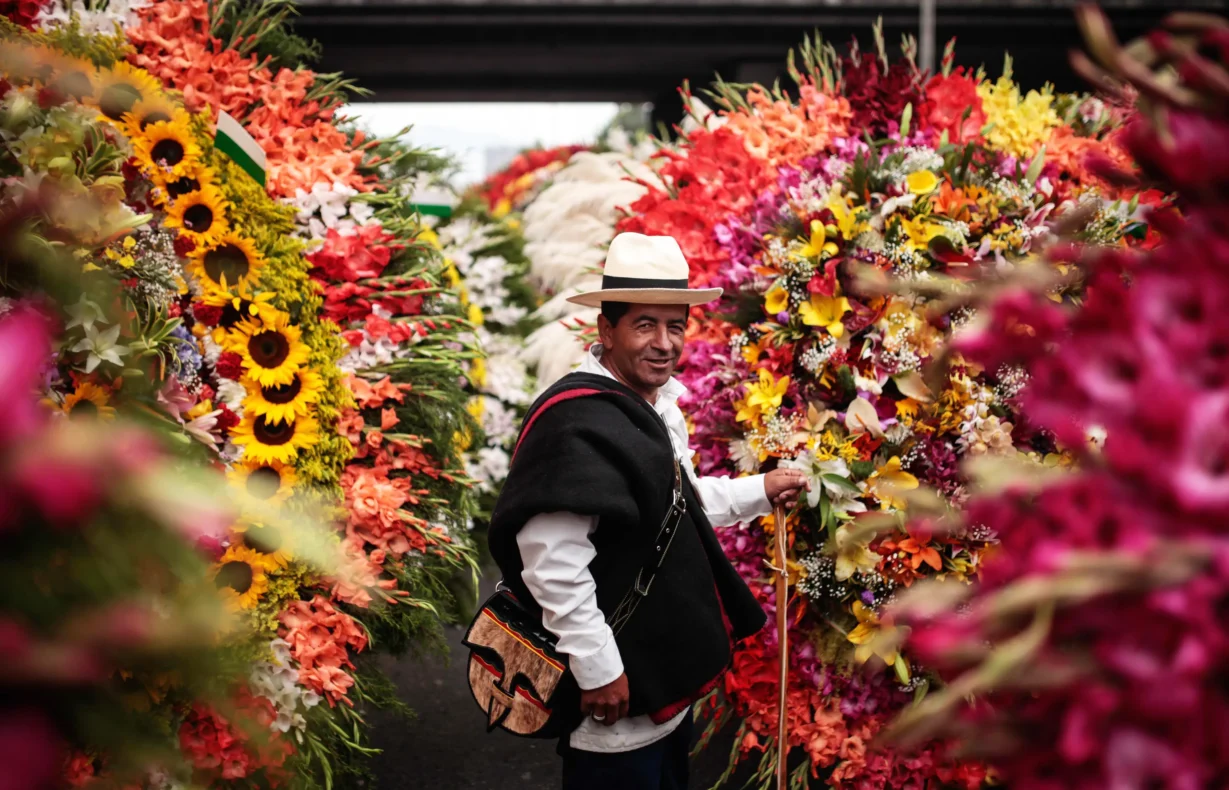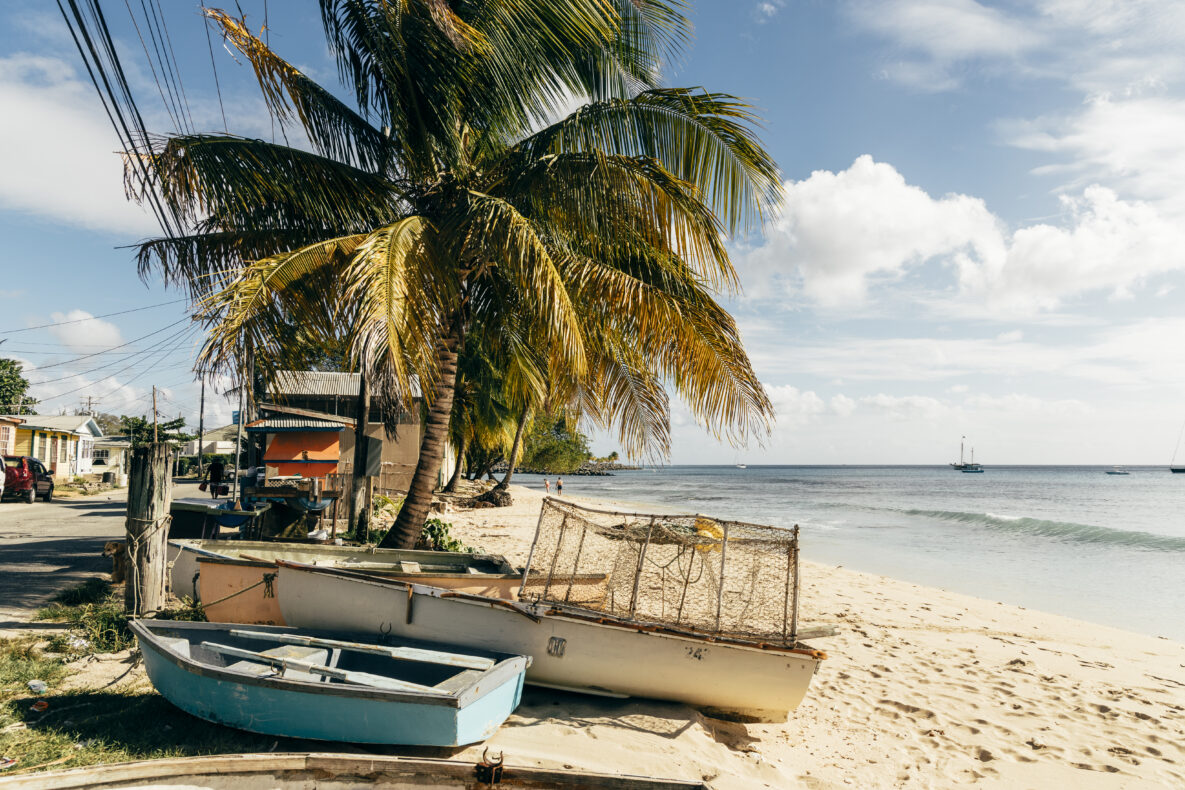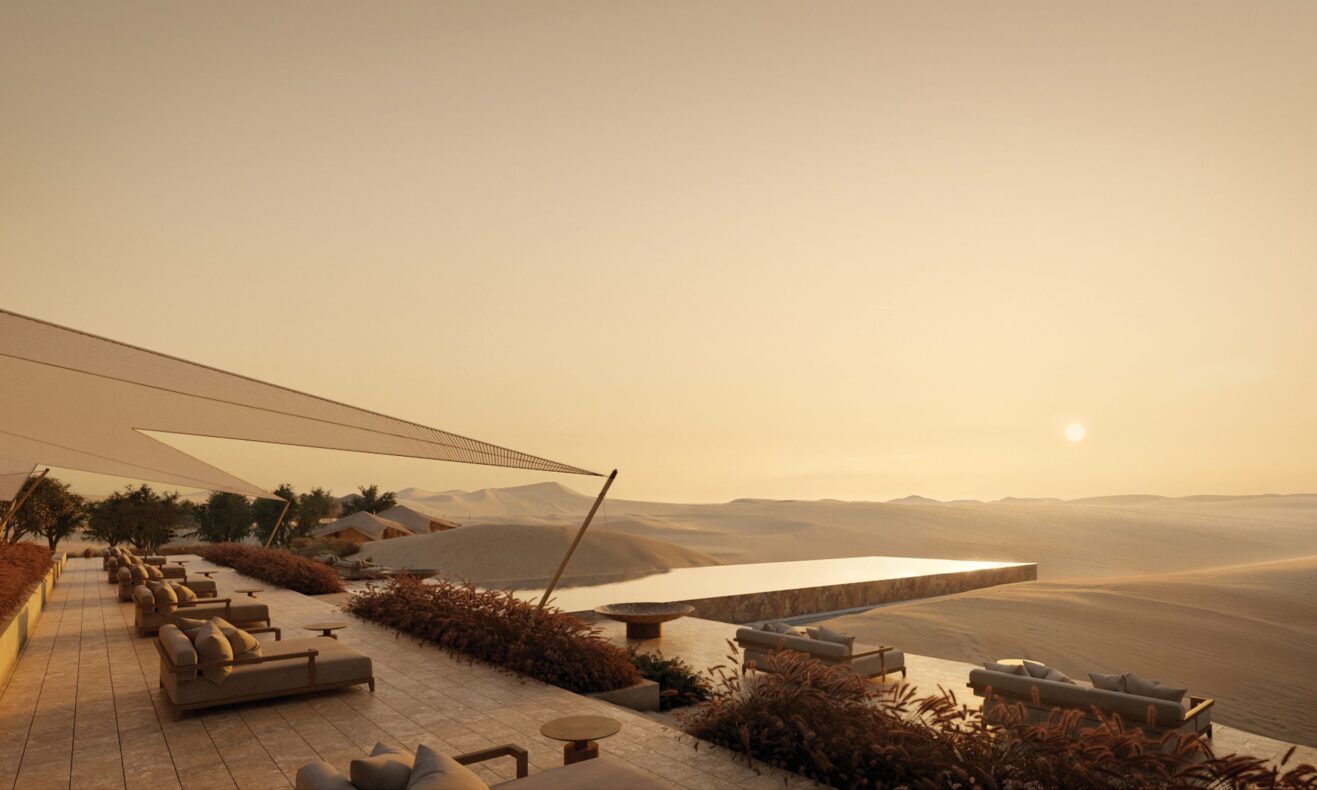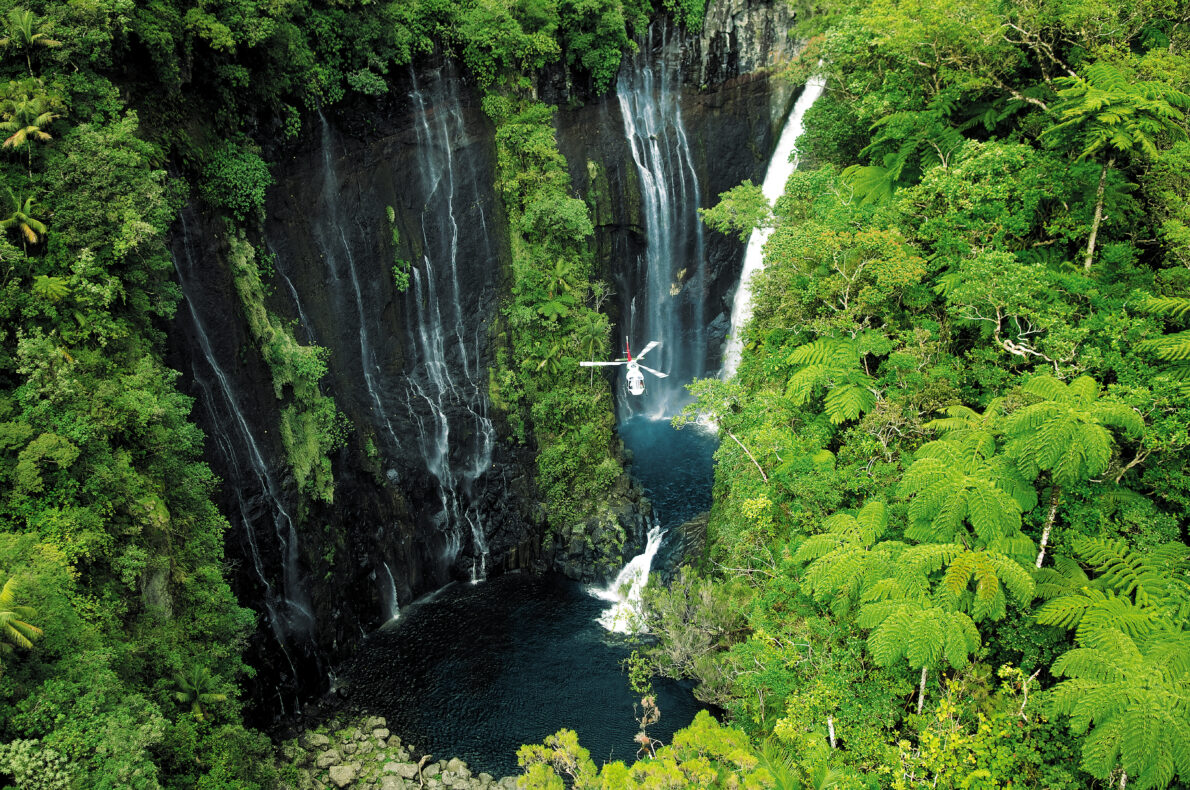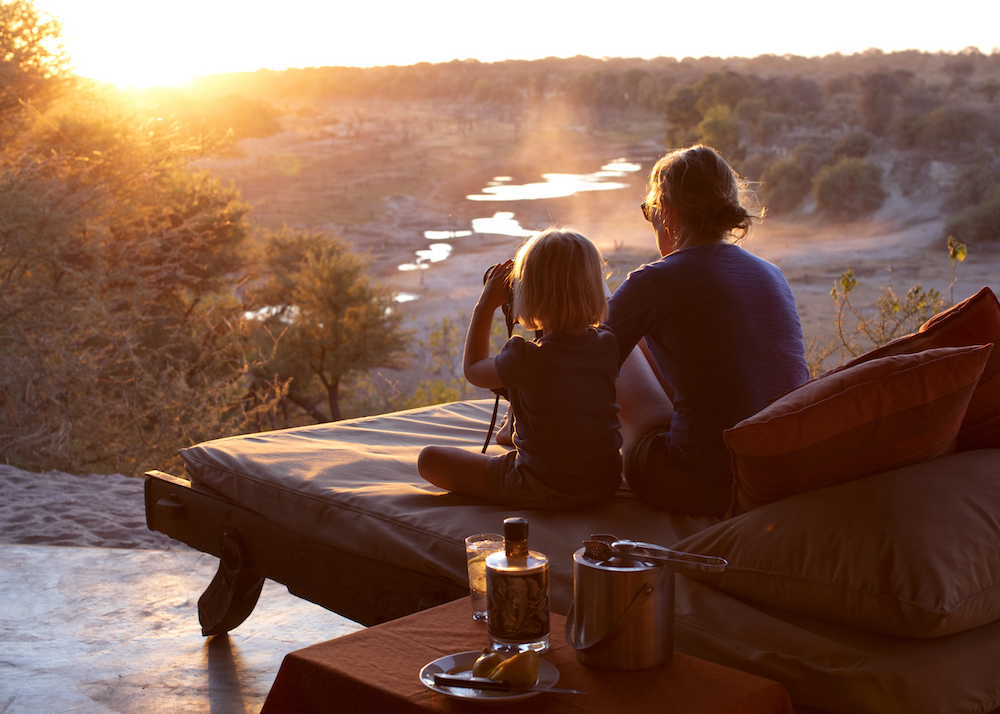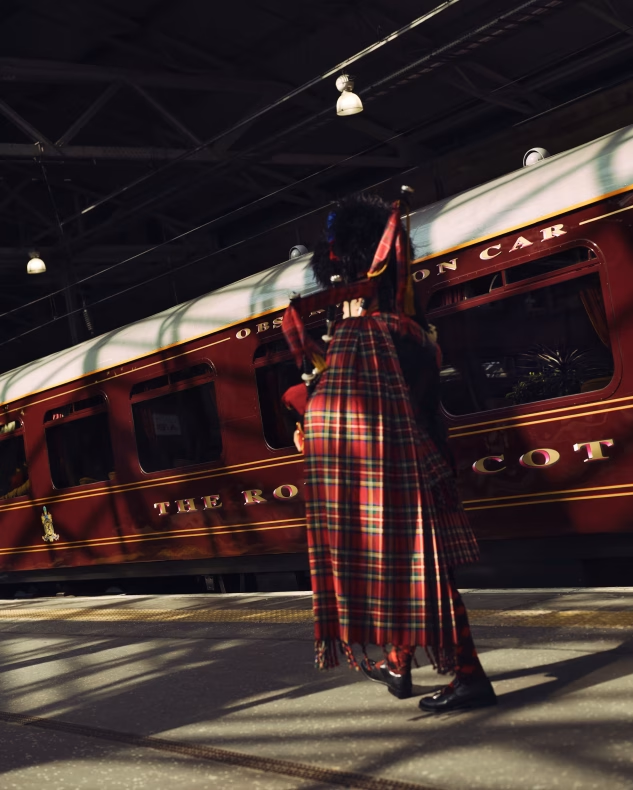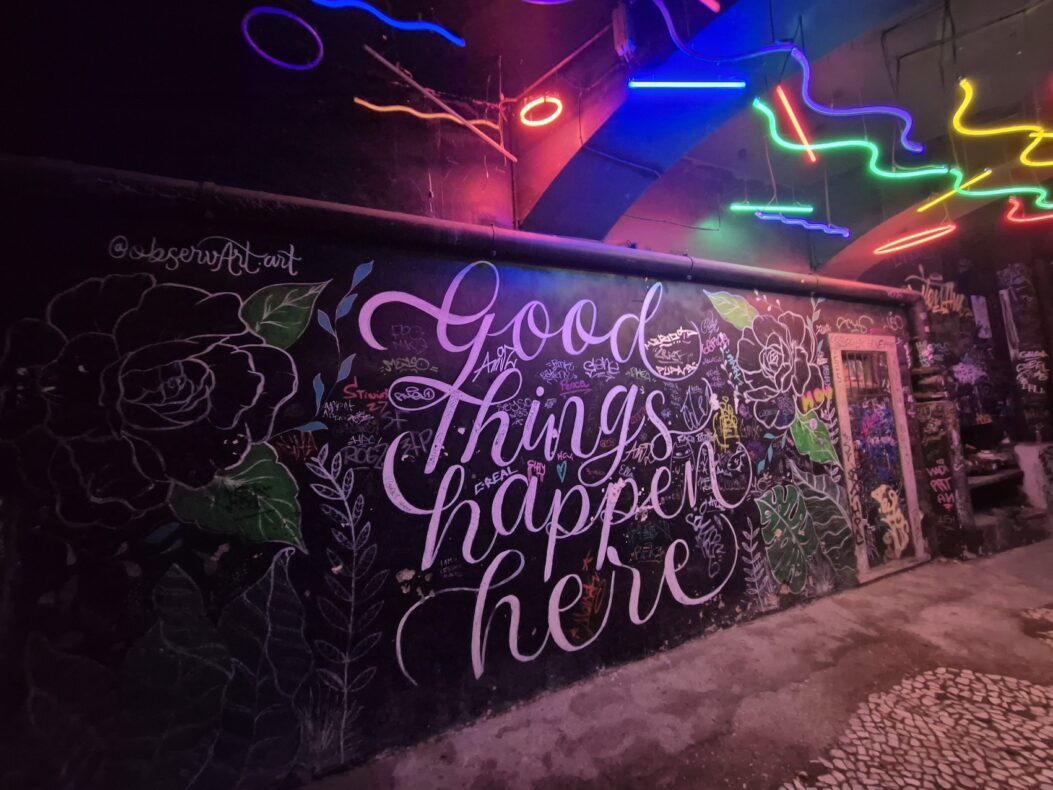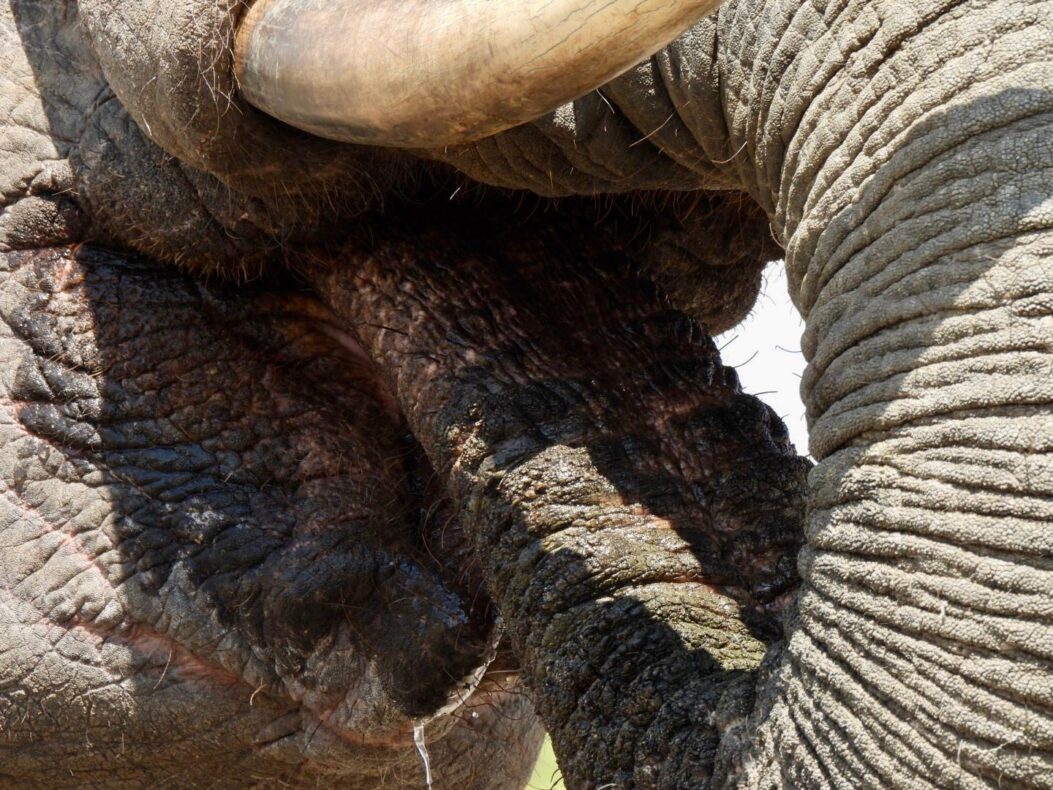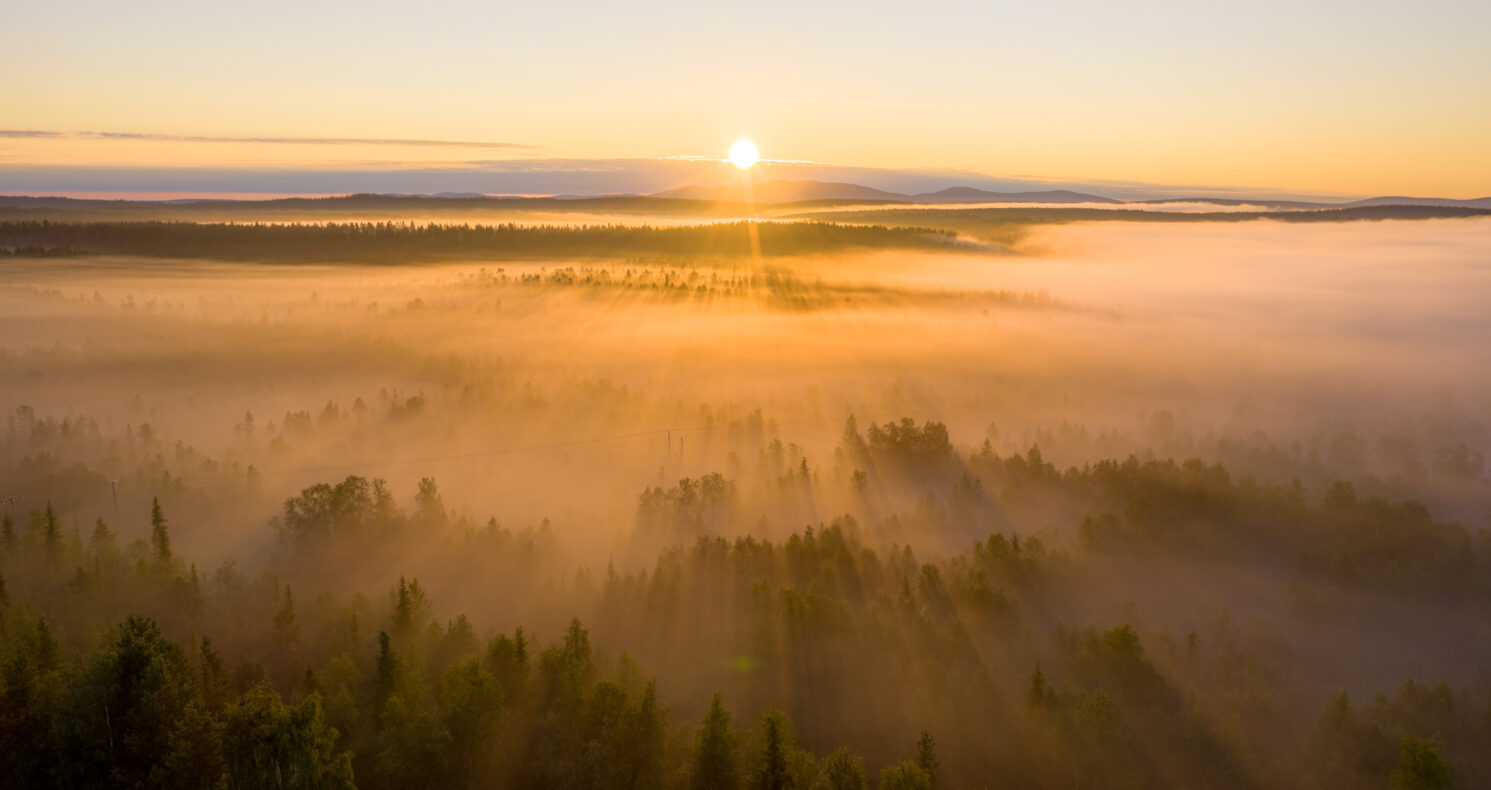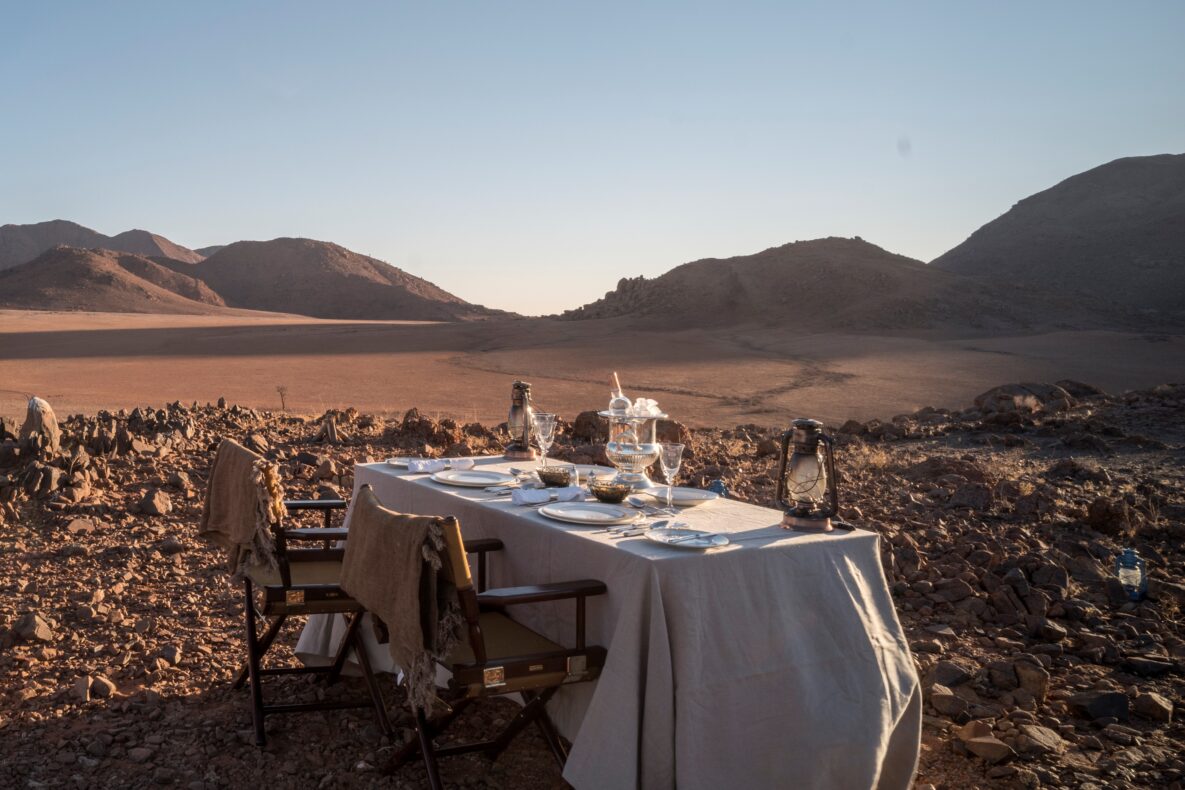Malawi has been called the warm heart of Africa, and that completely fits the image I get when traveling through the country. The people are remarkably friendly, with smiles that still truly come from the heart. Although Malawi is one of the poorest countries in the world, it is a safe country to travel. Driving in Malawi sometimes feels a bit like a computer game: zigzagging around holes in the road. But while the roads are not in top condition everywhere, it is a country where, with an adventurous spirit, you can do just fine driving by yourself (or with a guide and driver, if desired).
Lake Malawi
My journey begins at Lake Malawi. Malawi means “light that reflects,” an apt name for this country in southern Africa, with a lake reminiscent of an inland sea in size and appearance. A freshwater lake with exotic sandy beaches and crystal clear, azure waters full of native tropical fish.

Nanokoma Island
By speedboat I leave for Nanokoma Island. The island is not large, but there is a beautiful forest where you can take nice walks. The lodge where I stay is named after the blue fish that swims in Lake Malawi, the blue zebra. This lodge offers attractively decorated safari tents and chalets. There is a lovely infinity pool overlooking the lake. Remarkably, the archipelago of which it is a part is a UNESCO World Heritage Site. Besides the excellent snorkeling and diving opportunities, the islands are also known for their rich bird life. In the afternoon, we take a scenic boat ride across the lake and dock at one of the surrounding islands for snorkeling. As the sun sets and the sky takes on mesmerizing colors, I enjoy a beer on board as we sail quietly back.

Liwonde National Park
After this, it’s time for safari. We travel overland to Liwonde National Park. Along the way, local life and scenery pass us by. People wave warmly and we pass villages where there is often a lively market going on. We feast our eyes. We regularly see herds of goats or cows along the road, herded by local shepherds. Notable are the many baobab trees we pass along the way. Upon arrival at Liwonde National Park, we are welcomed by nature. It is Malawi’s most wildlife-rich park, beautifully situated on the Shire River. Along its banks we see numerous hippos and crocodiles. The area is also known as one of the best bird-watching spots in southern Africa. In addition to boat trips on the river, you can also take safaris here on foot or in an open safari vehicle, past lagoons, swamps and vast savannas. Many elephants and several species of antelope live here.
We spend the night at Kuthengo Camp, a small and comfortable tented camp on a lagoon. From here we will take some fantastic safaris. For a trip to Malawi, it is important to go during the dry season. Then the drinking places for animals are scarce and many animals gather near the river, which significantly increases the chances of seeing wildlife. During our safaris we see elephants, waterbucks, impalas, kudu and, as a highlight, even the rare sable antelope. Lions also show up and Mother Nature treats us to some unforgettable moments. The sunset is a fairy tale in itself. At the end of the day, we stop for a drink on the banks of the Shire River, where the sky once again fills with dazzling colors. During siesta by the pool, in between safaris, we are surprised by two elephants grazing along the bank just a few meters away. What a privilege to witness this up close.

Majete National Park
Then it is time to leave Liwonde and drive to Majete National Park. Majete Wildlife Reserve was declared a protected area in 1955. Unfortunately, the lack of resources at the time could not prevent poaching, and by the 1990s there was hardly any wildlife left. Since 2003, however, the tide has turned thanks to global donations and the efforts of African Parks. Species reintroductions have restored wildlife to healthy levels and now Majete has become a Big Five reserve in Malawi. We spend the night at Mkulumadzi Camp, a small and comfortable tented camp on the banks of the Shire River.
During the safaris, I feel like a pioneer in this beautiful piece of nature of about 700 square kilometers. Waterbucks, elands, sable antelopes, nyalas, kudu, civets, buffalo, hippos, crocodiles, elephants and even rhinos are part of the daily scenery. We hardly encounter any other tourists, which makes the experience extra special. Regularly we are surprised by encounters with elephants. We also regularly see lions, which always feels like a gift during a safari.

Fantastic experience
After this, it is time to say goodbye to Malawi. Deeply impressed, I leave for home. Because the game populations in both Liwonde and Majete are still recovering from poaching, the safaris must be approached with patience. However, the wildlife and safaris are truly breathtakingly beautiful and, for those with an open mind, are a fantastic experience. The locals in Malawi are genuinely friendly. Malawi has definitely stolen my heart and I definitely decide to return there in the future.

